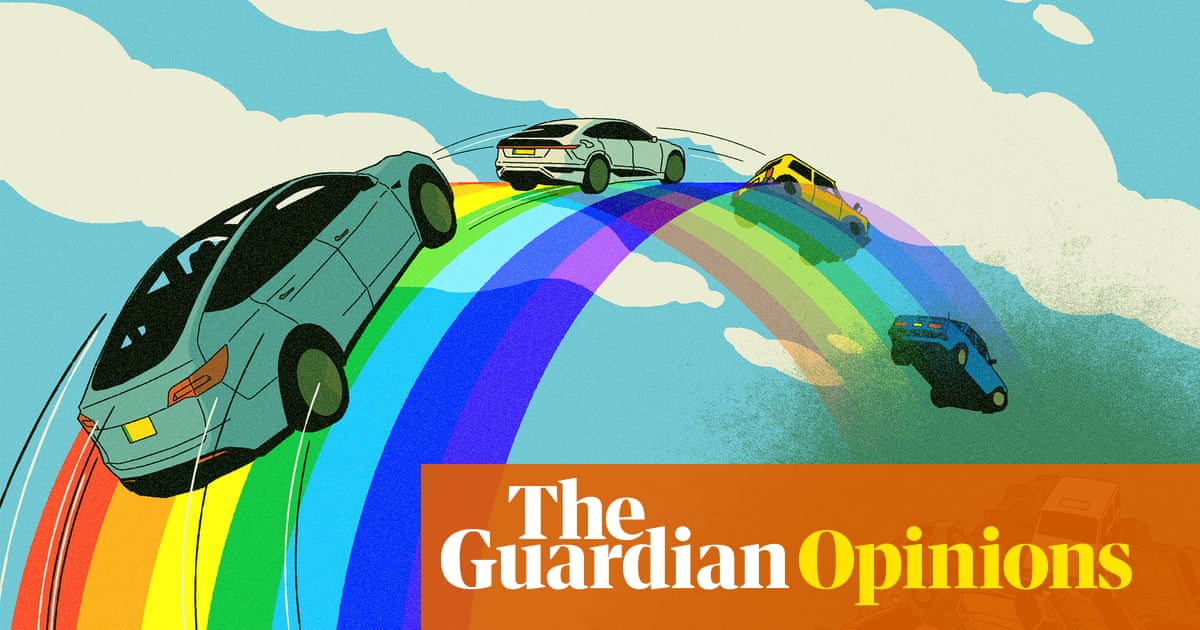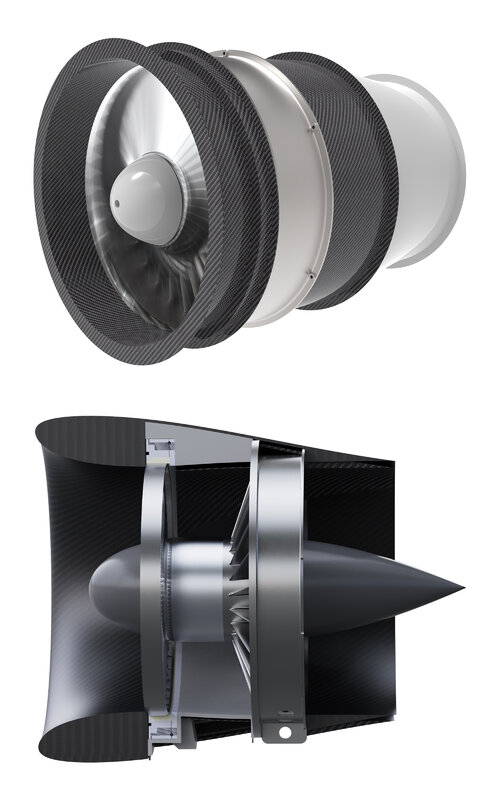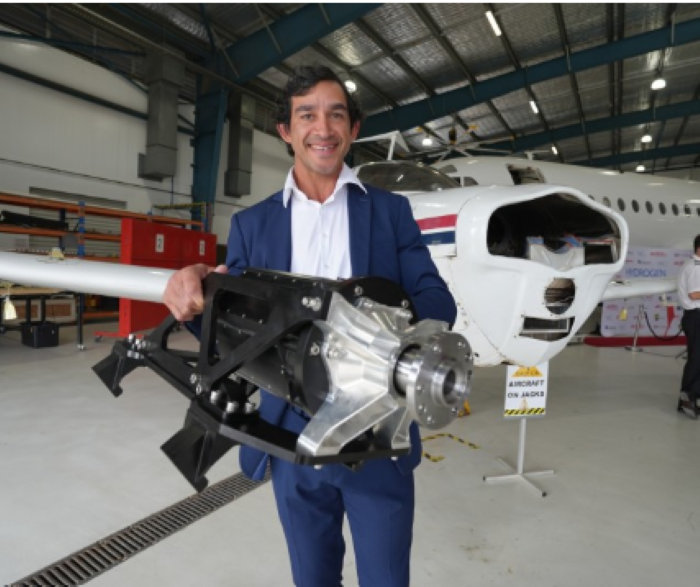Rhinocrates
ACCESS: Top Secret
- Joined
- 26 September 2006
- Messages
- 3,054
- Reaction score
- 7,789
Commentary on the feasibility of electric cars that is pertinent to aviation too.
You might know Rowan Atkinson as Blackadder, but he's a long time car enthusiast and as he says, 'My first university degree was in electrical and electronic engineering, with a subsequent master’s in control systems.' He rightly points out that while low engine emissions are sexy, the total lifetime emissions including battery manufacture and short product lifetime definitely aren't.

 www.theguardian.com
www.theguardian.com
When you start to drill into the facts, electric motoring doesn’t seem to be quite the environmental panacea it is claimed to be.
The problem lies with the lithium-ion batteries fitted currently to nearly all electric vehicles: they’re absurdly heavy, many rare earth metals and huge amounts of energy are required to make them... a lot of effort is going into finding something better. New, so-called solid-state batteries are being developed that should charge more quickly and could be about a third of the weight of the current ones – but they are years away from being on sale, by which time, of course, we will have made millions of overweight electric cars with rapidly obsolescing batteries.
[A hydrogen] system weighs half of an equivalent lithium-ion battery and a car can be refuelled with hydrogen at a filling station as fast as with petrol.
It’s sobering to think that if the first owners of new cars just kept them for five years, on average, instead of the current three, then car production and the CO2 emissions associated with it, would be vastly reduced.
A sensible thing to do would be to speed up the development of synthetic fuel, which is already being used in motor racing; it’s a product based on two simple notions: one, the environmental problem with a petrol engine is the petrol, not the engine and, two, there’s nothing in a barrel of oil that can’t be replicated by other means. Formula One is going to use synthetic fuel from 2026. There are many interpretations of the idea but the German car company Porsche is developing a fuel in Chile using wind to power a process whose main ingredients are water and carbon dioxide. With more development, it should be usable in all petrol-engine cars, rendering their use virtually CO2-neutral.
You might know Rowan Atkinson as Blackadder, but he's a long time car enthusiast and as he says, 'My first university degree was in electrical and electronic engineering, with a subsequent master’s in control systems.' He rightly points out that while low engine emissions are sexy, the total lifetime emissions including battery manufacture and short product lifetime definitely aren't.

I love electric vehicles – and was an early adopter. But increasingly I feel duped | Rowan Atkinson
Sadly, keeping your old petrol car may be better than buying an EV, says actor Rowan Atkinson
When you start to drill into the facts, electric motoring doesn’t seem to be quite the environmental panacea it is claimed to be.
The problem lies with the lithium-ion batteries fitted currently to nearly all electric vehicles: they’re absurdly heavy, many rare earth metals and huge amounts of energy are required to make them... a lot of effort is going into finding something better. New, so-called solid-state batteries are being developed that should charge more quickly and could be about a third of the weight of the current ones – but they are years away from being on sale, by which time, of course, we will have made millions of overweight electric cars with rapidly obsolescing batteries.
[A hydrogen] system weighs half of an equivalent lithium-ion battery and a car can be refuelled with hydrogen at a filling station as fast as with petrol.
It’s sobering to think that if the first owners of new cars just kept them for five years, on average, instead of the current three, then car production and the CO2 emissions associated with it, would be vastly reduced.
A sensible thing to do would be to speed up the development of synthetic fuel, which is already being used in motor racing; it’s a product based on two simple notions: one, the environmental problem with a petrol engine is the petrol, not the engine and, two, there’s nothing in a barrel of oil that can’t be replicated by other means. Formula One is going to use synthetic fuel from 2026. There are many interpretations of the idea but the German car company Porsche is developing a fuel in Chile using wind to power a process whose main ingredients are water and carbon dioxide. With more development, it should be usable in all petrol-engine cars, rendering their use virtually CO2-neutral.






















